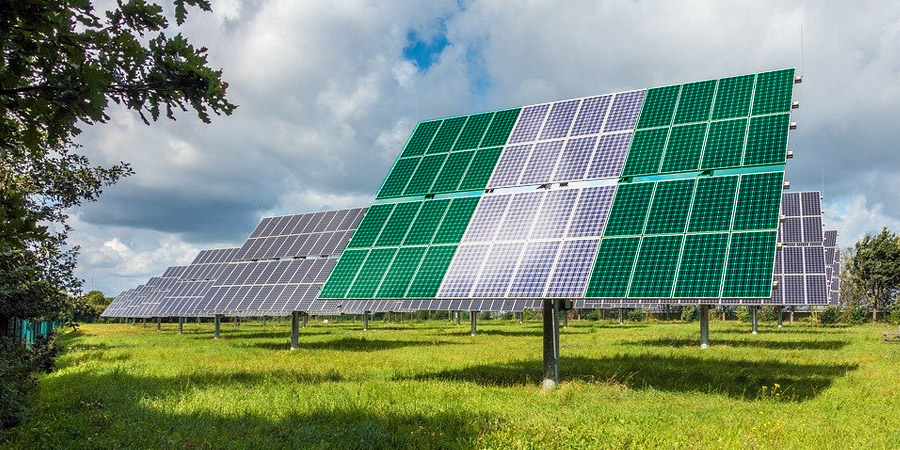Environmental Stakeholders Seek Community Inclusion in Nigeria’s Energy Transition Plan

By Obiabin Onukwugha
Environmental stakeholders have emphasised the need to include host communities in Nigeria’s energy transition plan.
Reflecting on the plight of the Niger Delta region, where communities were neither consulted nor allowed to participate before their lands were appropriated for oil exploitation, these stakeholders expressed regret that these communities are left to bear the brunt of pollution while companies divest and move away.
Highlighting Nigeria’s richness in renewable energy resources, the stakeholders argued that the country can achieve a better energy supply by adequately utilising its abundant renewable energy mix.
They urged the federal government to prioritise lighting up local communities with renewable energy sources, particularly those in coastal areas.
A key stakeholder recommendation was obtaining Free, Prior, and Informed Consent (FPIC) from communities where wind farms and other renewable energy projects are planned. This approach aims to avoid a repeat of the devastation faced by Niger Delta communities due to oil extraction.
Participants from the Ministry of Environment, Ministry of Agriculture, Nigeria Maritime Administration and Safety Agency (NIMASA), and various civil society organisations (CSOs) shared these insights during a technical session at a one-day stakeholders meeting on Renewable Energy.
The event, organised by the Health of Mother Earth Foundation (HOMEF), took place in Port Harcourt, Rivers State.
The stakeholders stressed the need for laws and policies that protect community rights, as well as comprehensive environmental impact assessments (EIA) and social impact assessments (SIA) before renewable energy projects are established in communities.
Prof. Fidelis Allen, a lecturer from the University of Port Harcourt’s Political Science Department, underscored the importance of leveraging the newly enacted Electricity Act when considering new energy sources.
He noted that the Act empowers states and local governments to address their energy issues and called for its domestication by state assemblies tailored to each state’s unique circumstances.
Dr. Nnimmo Bassey, Executive Director of HOMEF, highlighted the issue of stranded assets in the Niger Delta as oil companies divest.
He called for a just energy transition that not only restores but improves the livelihoods of the people in the Niger Delta and host communities for renewable energy projects.
Bassey noted Nigeria’s significant solar and wind energy potential if adequately harnessed.
“As we move forward, let the people’s interest be at the forefront. That is why it is a Just Transition. Whether the oil well is old or not, unless it is decommissioned and the area cleaned up, the problem remains,” Bassey said.
He called for a review of Nigeria’s energy transition plan to ensure community inclusion and participation.
“The issue of energy in Nigeria is a long-standing one. We produce a lot of energy resources, such as crude oil and gas, but people need electricity. Even though we produce more energy today, we cannot transmit it because the transmission system cannot handle the increased load. We believe the way forward is to invest in renewable energy—solar, wind, and others.
“The first step is for the government to review or draw up a clear energy transition plan, acknowledging the need to move to cleaner resources. This plan should involve communities in the conversation because transitioning from dirty to clean sources without benefiting the communities is insufficient.
“Communities must be at the centre of discussions about changing energy sources. The land will come from them; if it is offshore wind or solar, it will still depend on these natural spaces.
“This is the time to begin investing in alternative energy sources. Persisting with oil and gas dependence without considering the harm to communities and the environment is not sustainable,” he concluded.
